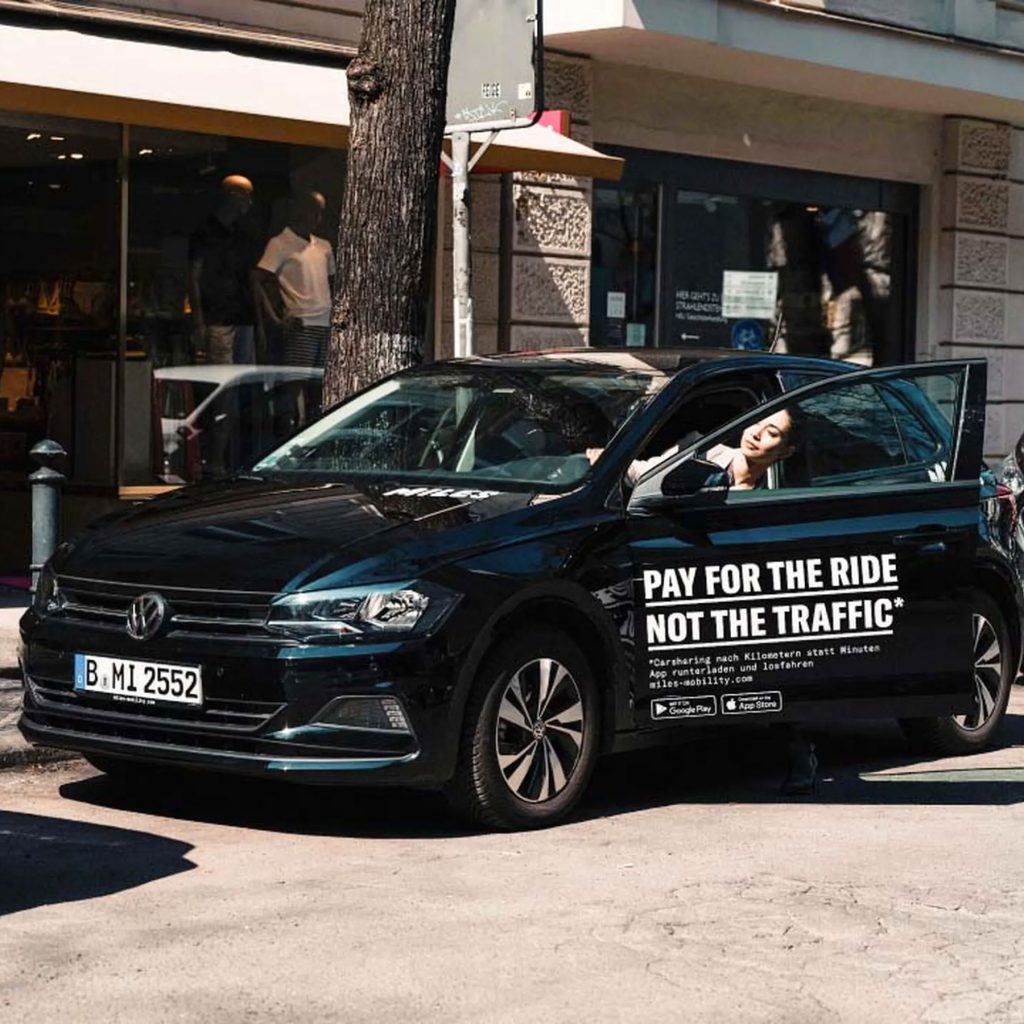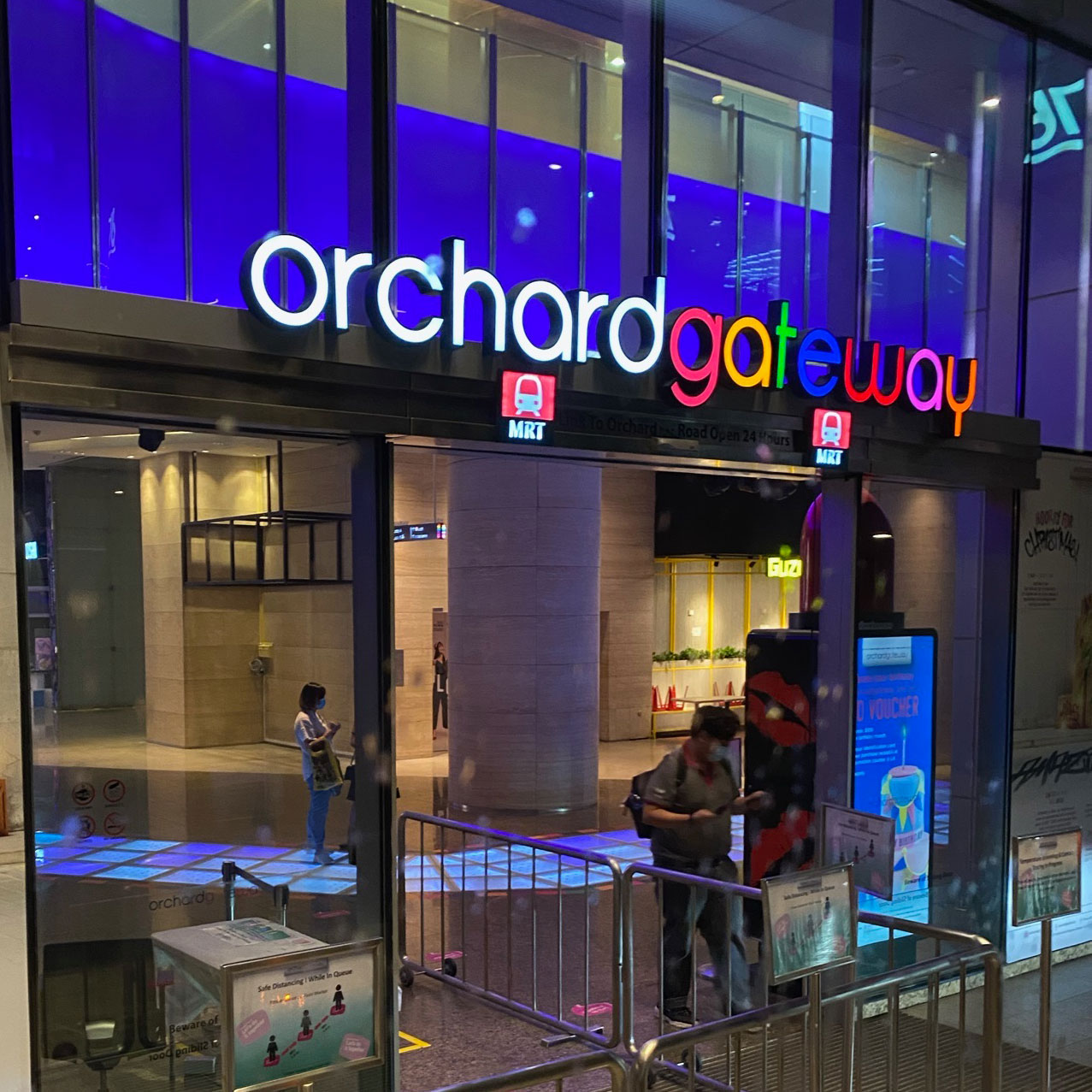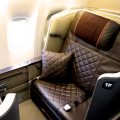This evening, I met an old friend, Mbak H, who worked at Toyota Indonesia with me seven years ago. She was definitely younger and less experienced than I was back then. After I resigned in 2016, she also decided to leave her job, but for different reasons. While I wanted to take a break and travel, she, being young and energetic, aimed for a fully funded Master’s scholarship covering tuition and living costs, so she could focus solely on her studies without the need for a part-time job. That’s the perk of being smart like her!
She ended up studying for free in Europe, traveling across various universities in Spain, the Netherlands, Germany, and finally settling in Germany for the past seven years. She shared her experiences with me—how her studies went, her job changes, and eventually landing a role at Tesla’s Giga Factory in Germany.
She talked about her time in Supply Chain Management at Toyota Indonesia, her Supply Chain Master’s studies, and how her current job is also in Supply Chain. She mentioned that specializing in a particular field makes it easier to find a job, especially after obtaining the Blue Card.
What’s the Blue Card?
The EU Blue Card is a residence and work permit for highly qualified non-EU workers, including Indonesians, to live and work in the EU. The goal of meeting her was to learn about her educational and career journey, which I want to share with my kids. She’s a great example of a professional in Supply Chain who has successfully navigated her career in the EU with the Blue Card, making it easier to work there.
Honestly, if I had to work like she does, I wouldn’t be able to handle it—I’d rather just travel! I told her this, and we all had a good laugh. She said she’d choose a path like Pak APU’s if she could, but it’s not the right time yet. She’s still preparing herself.
She mentioned that working in Germany is great because it’s harder to get fired compared to the USA, thanks to stricter labor laws protecting workers, somewhat similar to Japanese companies.

But let’s talk about MILES…
So, after planning to meet Mbak H at the Museumsinsel Berlin station, we explored around the Museumsinsel area and looked for a place to hang out. I took her to a halal Middle Eastern restaurant near the ICC Bus Terminal, where we waited for the 10:00 PM bus.
Instead of taking the MRT, bus, or tram, I suggested we use MILES, a car-sharing service. She opened the app to find the nearest car, and we headed to it. After checking the car’s condition and unlocking it with the app on her phone, we started the engine and drove to Al Reda restaurant in northern Berlin.
During the drive, we discussed the MILES business model. I joked that such a model wouldn’t work well in Indonesia—imagine things like tape, tires, or even the whole car disappearing! In some villages, cars could even be stolen and hidden. It seems our society is not quite ready for such systems yet, but maybe someday.
My friend uses MILES for:
- Getting from home to the airport, avoiding expensive airport parking fees.
- Traveling around cities, as it’s more comfortable for her young child than public transport.
- Showing me the business model so I could understand it better, haha!
I’m now thinking about trying MILES myself during backpacking trips, especially since international driver’s licenses are valid for six months. Has anyone tried this? Backpackers in Europe, any experiences?
Find the link to Miles Car Sharing here: https://miles-mobility.com/en-de







